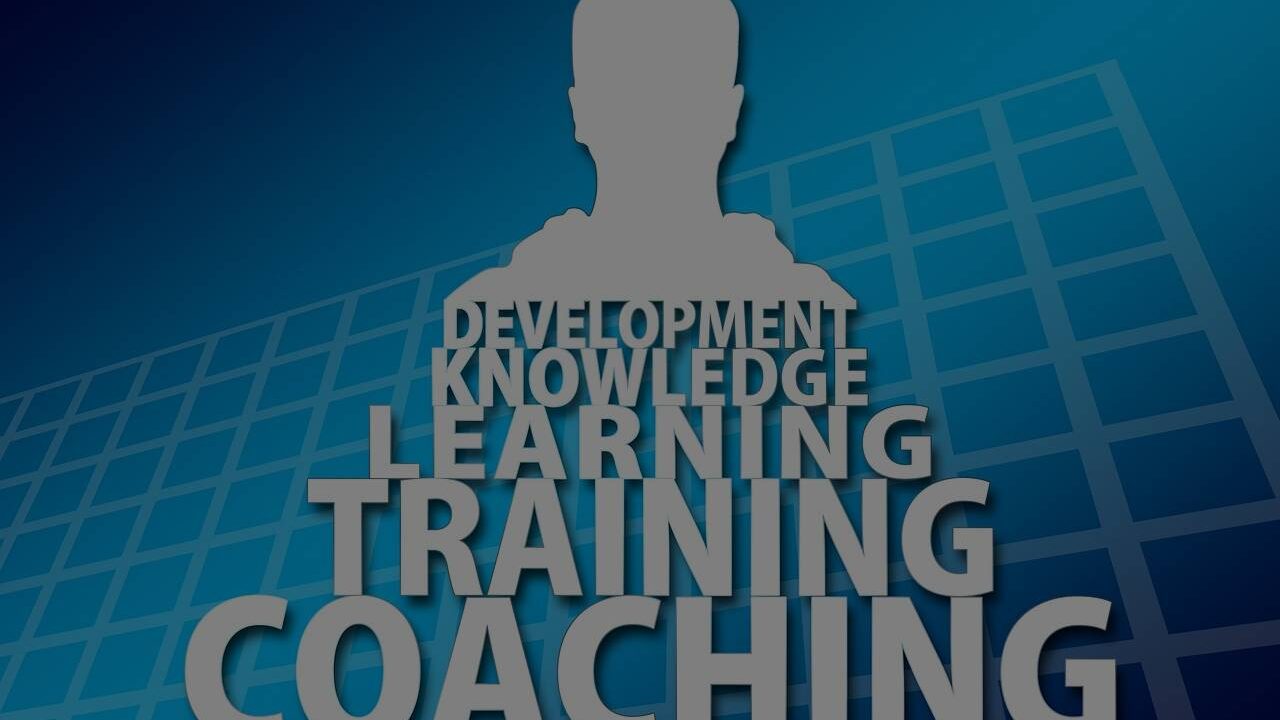
Effective communication is key in every aspect of our lives, but when it comes to teaching, it becomes even more crucial. As an experienced teacher, you likely already know the importance of clear and effective communication with your students. But mastering communication skills goes beyond just talking the talk – it’s about truly connecting with your audience and getting your message across in a way that resonates with them.
So, how can you become a communication maestro in the classroom? Let’s break it down into some essential skills that will help you elevate your teaching game to the next level.
First and foremost, active listening is a non-negotiable skill for any effective communicator. It’s not just about hearing what your students are saying, but truly understanding and empathizing with their thoughts and feelings. This will help you tailor your teaching approach to better suit their needs and create a more engaging learning environment.
Another key aspect of effective communication is clarity. Avoid using overly complicated language or academic jargon that might confuse your students. Keep it simple, concise, and to the point. Remember, you’re not trying to show off how smart you are – you’re trying to help your students learn and grow.
On that note, injecting a bit of humor into your communication can go a long way in keeping your students engaged and interested. Nobody likes a dry lecture, so don’t be afraid to crack a joke or two to lighten the mood. Just be sure to keep it appropriate and respectful – we don’t want any crickets chirping in the classroom!
Body language is another important aspect of effective communication. Your non-verbal cues can often speak louder than words, so pay attention to your facial expressions, gestures, and posture. Maintain eye contact with your students, smile often, and use positive body language to create a welcoming and approachable atmosphere.
Last but not least, feedback is crucial for effective communication in the classroom. Encourage open and honest communication with your students, and be sure to provide constructive feedback that helps them grow and improve. Remember, communication is a two-way street – it’s not just about talking, but also about listening and responding in a meaningful way.
In conclusion, mastering communication skills is an essential aspect of effective teaching. By actively listening, communicating clearly, injecting humor, using positive body language, and providing constructive feedback, you can create a more engaging and successful learning environment for your students.
If you’re looking for more tips and tricks on mastering communication skills in the classroom, be sure to check out our blog on vanturas.com. We’ve got a wealth of resources and insights to help you become a communication pro in no time. Happy teaching, and remember – Vanturas is here to support you every step of the way!












